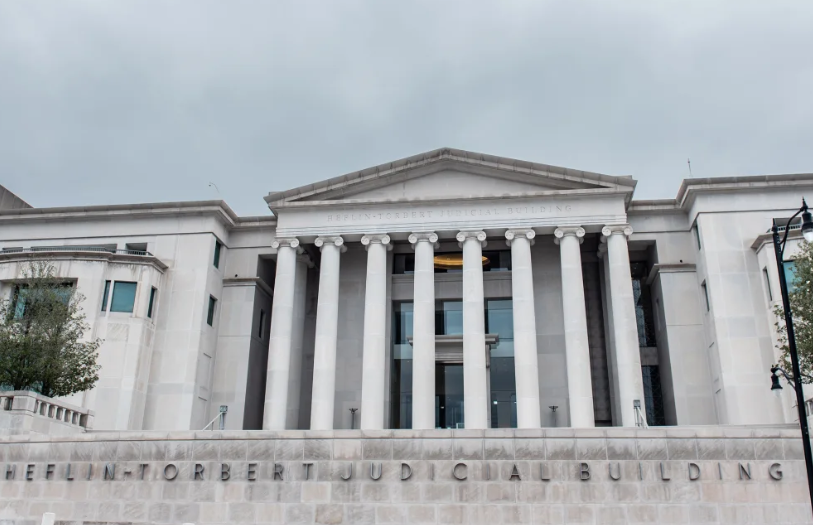Groups representing defendants in lawsuits concerning the status of frozen embryos have filed an application seeking a rehearing of the case in the Alabama Supreme Court.
The ruling, originating from disputes over the destruction of frozen embryos at a Mobile hospital, declared embryos as children, irrespective of their location, and held those responsible for their destruction accountable for wrongful death.
This decision reignited a national debate on the inception of life, raising concerns among advocates about its potential impact on infertility treatments.
The defendants in the lawsuits, namely the Center for Reproductive Medicine and the Mobile Infirmary, have submitted an application and brief to the state Supreme Court urging a rehearing of the case. Additionally, the Medical Association of the State of Alabama and the Alabama Hospital Association have filed a brief supporting the request for reconsideration.
While rehearing requests are typically rare, the contentious nature of the ruling has spurred efforts by lawmakers to enact legislation safeguarding in vitro fertilization procedures, as IVF clinics brace for potential legal ramifications.
The ruling has sparked alarm among healthcare providers and reproductive rights advocates, who fear a surge in liability costs for IVF clinics and heightened obstacles for parents struggling with infertility. Concerns have been raised about the chilling effect on fertility treatments and the accessibility of such procedures for hopeful parents.
In response to the ruling, IVF clinics in Alabama have temporarily halted certain treatments, leaving many families in a state of uncertainty. In vitro fertilization, a widely utilized method for couples facing fertility challenges, accounts for approximately 2% of the US population. The procedure involves the extraction of eggs from a woman’s body, fertilization with sperm in a laboratory setting, and subsequent implantation into the uterus to facilitate pregnancy. Embryos may also be cryogenically preserved for future use or genetic testing.
The legal saga leading to the ruling began with lawsuits filed by parents who underwent IVF procedures and chose to freeze remaining embryos. A pivotal moment arose when a patient at a Mobile hospital allegedly accessed the fertility clinic, resulting in the inadvertent destruction of several embryos due to exposure to extreme temperatures. The parents subsequently filed wrongful death claims, which were initially dismissed by a trial court. However, the state Supreme Court diverged from the lower court’s ruling, interpreting state law to encompass “extrauterine children” under the Wrongful Death of a Minor Act.
The Alabama Supreme Court’s decision drew upon a 2018 constitutional amendment affirming the state’s commitment to the sanctity of unborn life and the rights of unborn children, primarily aimed at restricting abortions. By extending this legal framework to include embryos as persons under state law, the Court emphasized a broader interpretation of existing legislation.
Efforts to address the implications of the ruling have been swift, with the Alabama House and Senate passing bills aimed at safeguarding in vitro fertilization procedures. These legislative measures seek to navigate the intersection of reproductive rights, medical ethics, and legal precedent in a rapidly evolving landscape.

